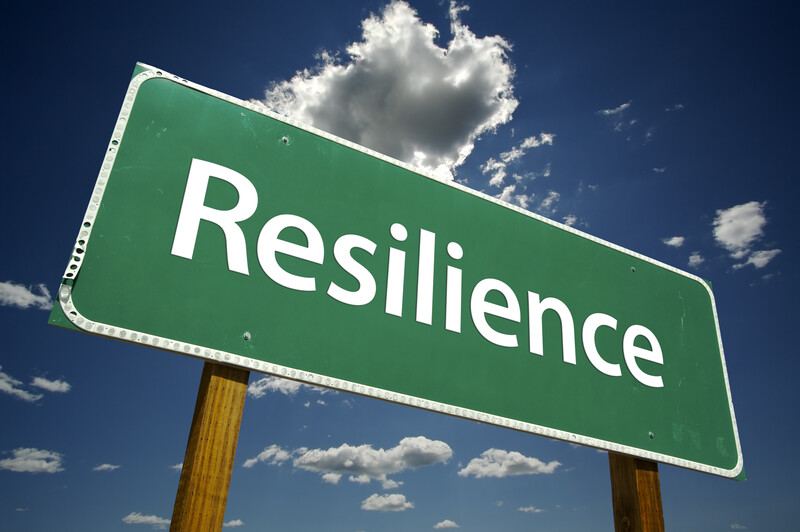
From Mitch Mitchell, writing for Security Magazine… History has taught security teams that crisis situations can happen at any time and more frequently than anyone can anticipate. However, when a crisis does occur, organizations find themselves in a situation where survival is the main focus — the unprecedented disruption caused by the COVID-19 pandemic being […]

A Crisis Can Occur Anytime & Anywhere In the immediate aftermath of a major incident, such as a mass shooting at a mall, restaurant, school, or faith-based location, the police chief and other first responder agencies will likely be lead spokespersons. But “major incidents” could turn into multi-day or multi-week events. Some of those include […]

From Maja Pawinska Sims writing for PRovokeMedia… Over the past two weeks, we have seen an unprecedented brand exodus from Russia. International brands that have been present in the country for many years have made the decision to pull out of their operations, as a direct consequence of president Putin’s own decision to invade Ukraine. […]

From Nora Aufreiter, Celia Huber and Ophelia Usher writing for McKinsey & Co…. The pandemic has been a stark reminder for many organizations that they are insufficiently prepared for crises that could not merely destabilize them but put them out of business. In this episode of the Inside the Strategy Room podcast, our board perspective series looks at […]

With no barriers to entry, every public relations firm in the U.S. – and many around the world – now appear to offer “crisis communications.” They don’t. At least, all of those who claim to don’t. Crisis work requires a different – and often counterintuitive – skill set from the traditional practice of public relations. […]

From Evan Nierman, writing for The Hill… Whether he is reporting news in cryptic sound bites on Twitter or speaking from a gloomy subterranean bunker or darkened streets, Ukraine’s President Volodymyr Zelensky continues to demonstrate the enormous impact of harnessing powerful messages and sharing them with the right tone and authority. In addition to his undeniable bona fide […]

Do you remember the 2009 swine flu pandemic, also referred to by the media as the H1N1 flu? I remember two things quite distinctly: As this flu crossed borders, infecting 700 million to 1.4 billion people — or 11 to 21 percent of the global population of 6.8 billion at the time — thankfully, the […]

By Stephanie York, JD, Hennes Communications Any government agency should prioritize communicating truthfully, transparently, quickly and effectively, using traditional media, social media, the agency’s website and any other methods available. A serious issue or crisis ups the ante on communications. That’s when stakeholders most need correct and timely information. That’s also when damaging misinformation and […]

From Adrian J. Rivera, writing for The New York Times… Every so often, something so awful and senseless happens that it’s hard to fully absorb it. An apartment building collapses as residents sleep within. A movie star’s prop gun fires a real bullet on a film set, killing a young mother. A concert crowd morphs […]

By Stephanie York, JD, Hennes Communications Q: Why should a local school district, an independent or parochial school reach out to a crisis communications firm? A: Quick – What’s the single highest priority for a superintendent, head or board president? It’s not education. It’s safety. And just one part of that safety net is making […]











